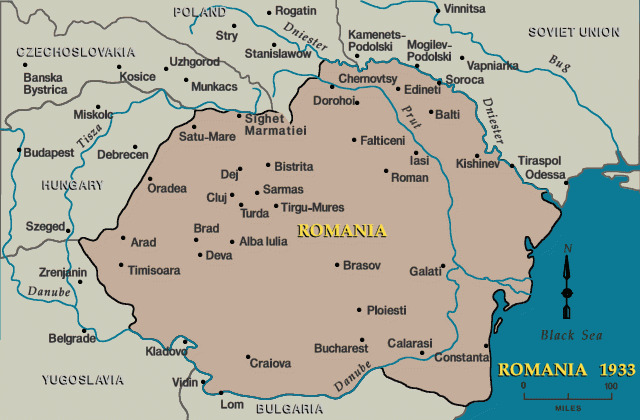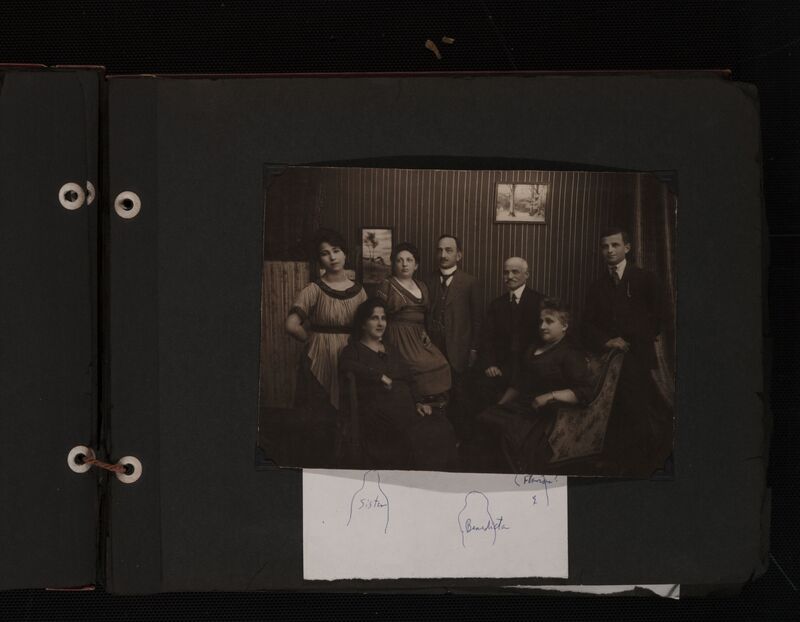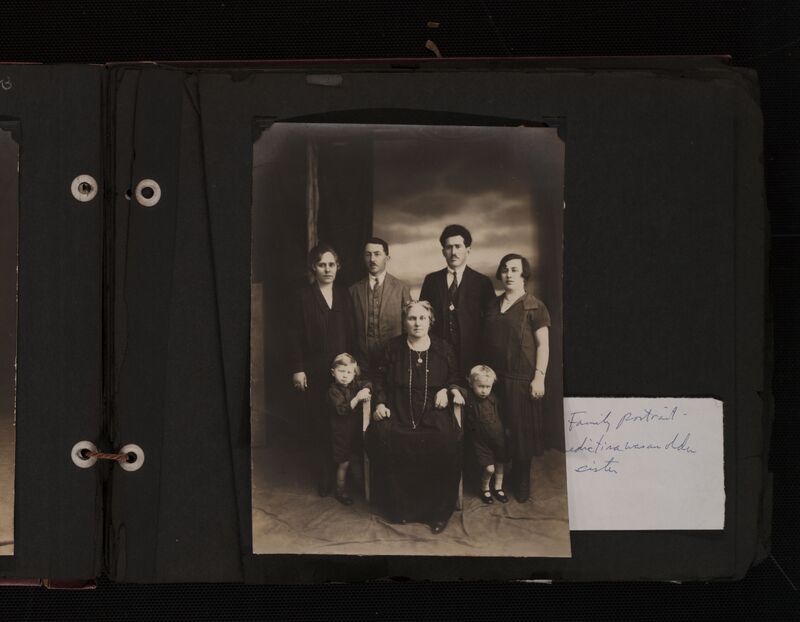Looking for my Romanian Family
My parents’ summer house in Amagansett has a small population of mice that enjoy camping in the sofa, and looking for crumbs in the kitchen. There is also the slight salty, damp smell of the Atlantic ocean and of my mother’s plants that fill up the sunny living room.
We placed the photograph album on the pine table at the beach house, my mother and I, with a couple of my children (one already a young adult) peering over our shoulders.
Who are the people in the photographs? After my grandmother Helen died my mother (Barbara who is Helen’s daughter) and my great-aunt Henrietta (Helen’s sister) annotated the names and information that Henrietta remembered. Touring the photo album with Henrietta’s notes and then with my mother’s memory I found out some names, but there were few stories.
I find I am gradually taking the place of my mother and great-aunt. I am noticing how quickly the names of family members and friends can fade into the periphery and eventually, if there is no family historian, into a place of forgetting. Not quite a memory anymore.
I asked my mother, maybe more than once—what happened to these people during the Holocaust? My mother’s unelaborated answer: “They all perished during the war”.
As I looked at the photographs I wondered about my mother’s statement. How could we find out about what happened to the many people in the photograph album. I knew that before the second world war there were approximately 757,000 Jews in Romania, and during the Shoah approximately 400,000 Jews were murdered in Romanian controlled areas, however the number of Jews murdered under Romanian control has not been determined precisely (Yadvashem, 2004). Raul Hilberg stated that “no country, besides Germany, was involved in massacres of Jews on such a scale.” (Hilberg, 1985; Yad Vashem, 2004).
We called my uncle Bob over to the house (he lives nearby in Amagansett). They didn’t talk about the relatives in the post-war period; there was silence, explained Bob, except that he has a memory of Paulina crying over her postcards. Barbara remembers that the postcards had stopped coming during the war years.
During the last winter of high school Barbara had health difficulties and was sent to live with Paulina and Marco in Florida for the term. The thought was the warm winters of Florida would be easier on her breathing than the cold Northeast. Barbara remembers the long train ride to Florida, filled with returning soldiers still in uniform. Paulina and Marco were getting older by then. Marco died in 1951 and Paulina a few years later in 1959, right after I was born.
Bob and Barbara reminisced about what they remembered about their Romanian family. There were the “Flavians” , he was a lawyer, she was a physician. They were a couple Barbara met in Paris. They had owned property in Bucharest, expropriated by the communist government, but held a bank account in Switzerland, and had a daughter living in the U.S. Barbara had a chance to travel to France after graduating from college. The Flavians had no way of getting money to their daughter so they gave Barbara a packet of gold jewelry to bring to the USA (and Bob as well) to give to their daughter. Barbara doesn’t remember her cousin’s first names but she told me this story many times. I discover later that the Flavians changed their name from Finklestein. They are the children of Benedictina, and related to the cousin in Beersheva and in Florida and to the cousins who I have been unable to find in New Jersey.
Benedictina Marcovici (seated left) was married to Osias Finklestein. Benedictina's son Henry apparently changed his name to "Flavian" when he moved to France. Henry Flavian, who Barbara and Bob met in France is standing to the right of Benedictina. Many years later my cousin Yosi met Henry when he was quite elderly, living in Israel.


